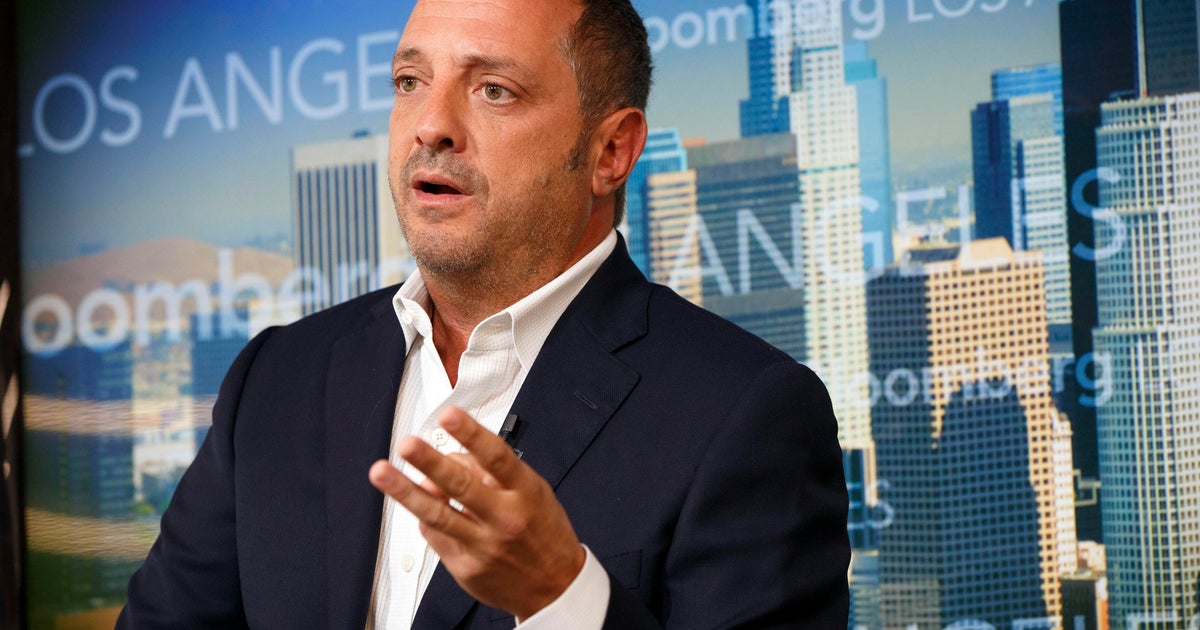Expensive brain-cancer drug no longer an option under Medicare
Brain-tumor experts and patient advocates are among those decrying a decision by the seller of a cancer drug to exit a federal discount program for Medicare patients, leaving some unable to afford a treatment that can run as much as $1,000 a capsule.
The move by Miami-based NextSource Biotechnology means the drug Gleostine no longer qualifies for Medicare Part D drug assistance, meaning there is one fewer option of a handful of approved chemotherapies.
"There are lots of people right now who are not getting the drug," and some will likely die as a result, Henry S. Friedman, a neuro-oncologist and professor of neurosurgery at Duke University School of Medicine, told CBS MoneyWatch. "There are patients who can't afford the drug, and other drugs may not be as effective."
The Centers for Medicare & Medicaid Services, or CMS, confirmed NextSource had withdrawn from the Medicaid drug rebate program, meaning states cannot receive federal funding reimbursement for Gleostine. However, states can still pay for the drug with their own funds, with each state's Medicaid program making those coverage decisions.
Used to treat a tumor known as glioblastoma and other brain cancers, Gleostine's patent has lapsed but there is no generic version.
"The decision by the company to withdraw from public health insurance programs weakens the safety net for vulnerable brain cancer patients who already have few treatment options. Lomustine, (brand name: Gleostine ) is a medically-necessary part of the standard of care for patients with the most aggressive tumors and is also essential in many clinical trials," stated David Arons, CEO of the National Brain Tumor Society.
"We urge Nextsource to rejoin these programs and help reduce barriers for patients who require access to this therapy as well as for researchers and clinical trial participants participating in critical, ongoing brain cancer studies," Arons continued.
The company had previously jacked up the price of Gleostine, an off-patent drug formerly known as lomustine that first came out more than four decades ago to treat brain tumors and Hodgkin lymphoma. It was marketed under the brand name CeeNu by Bristol-Myers Squibb, or BMS, which sold the product to NextSource in 2013.
"Lomustine is one of only three FDA-approved chemotherapies for patients with glioblastoma and the one that most patients receive when their tumor progresses on first line temozolomide chemotherapy. The median age for patients with glioblastoma is 65, meaning the decision to no longer participate in the Medicare program affects half of the glioblastoma population," Dr. Patrick Wen, director of the Center for Neuro-Oncology at the Dana-Farber Cancer Institute in Boston, said in emailed comments.
"The only other treatment is avastin. Lomustine is also the standard-of-care treatment used in the control arm of most recurrent glioblastoma clinical trials, and not having easy access to this drug has an important impact on research to find better treatments for this devastating cancer," the physician added.
"It cost $50 per capsule since BMS sold it," David Vanness, a professor of health policy and administration at Pennsylvania State University, tweeted on Thursday. "This is a drug from 1976."
These days, a capsule can run as much as a grand a pop, after multiple price increases by NextSource.
NextSource did not respond to a request for comment from CBS MoneyWatch. It told the Wall Street Journal, which first reported it had pulled out of the Medicare Part D program, that it was reviewing its participation in various programs.
However, NextSource posted a statement on its website about its price increases, citing product development costs, regulatory agency fees and the benefit the treatment offers to patients as among the underlying factors.
Friedman, however, dismissed the explanation. "It's all greed. Why do you take a drug for which you do no research and development and raise the price 1,400%? All they did was rebrand it, a drug that was out there forever," Friedman said.
Other companies including Turing Pharmaceuticals and Valeant Pharmaceuticals have significantly raised prices after buying drugs that had been on the market for years.



